What are the impacts of climate change on human health? Well, rising temperatures, increasing GHG (greenhouse gas) levels, rising sea levels, and more extreme weather. Added to that, we have air pollution and increasing allergens, heat-related illness and death, drought, environmental degradation, wildfires and smoke, degraded living conditions and social inequities, malnutrition and food insecurity, severe weather and floods, and water quality impacts. These were some of the key points Dr Jay Lemery, professor of Emergency Medicine at the University of Colorado School of Medicine, US, listed while speaking with select journalists and others at the Press Institute of India (PII) on February 6, the subject being Advancing One Health in an Era of Environmental Change.
The discussion was organised by the American Consulate General Chennai (ACGC) in partnership with PII. Dr Jaya Shreedhar, adjunct professor of Health Journalism, Asian College of Journalism, and a health journalist whose area of interest is public health journalism, steered the discussion, which focused on environment and human health, and the role of the environment in causing or influencing disease.
Climate change is a disease of infections, respiratory distress, food insecurity, waterborne illness, heat stress, mental illness, displacement and trauma, Dr Lemery pointed out, citing the examples of natural disasters in Puerto Rico, Houston and California. Climate change is also a disease of vulnerability, disasters, and also ineffective communication, systems failures and governance, he said. “Human health depends on the health of the planet. Earth’s natural systems (air, water, biodiversity, climate) are our life-support systems. Yet, climate change, biodiversity loss, scarcity of land and fresh water, pollution and other threats are degrading these systems. The emerging field of planetary health aims to understand how these changes threaten our health, and how to protect ourselves and the rest of the biosphere.”
Dr Lemery said healthcare professionals working across specialisations must be trained to address the health risks linked to rising temperatures, extreme weather events and shifting disease patterns, and stressed the urgent need for ‘climate doctors’. He explained how climate change is turning what was once a predictable weather system into a volatile one, comparing the planet to a toddler given too much sugar — resulting in chaotic, unpredictable behaviour that strains both the environment and human health.
Rising temperatures and extreme weather events are straining public health systems globally, Dr Lemery said. While wealthier nations may have resources such as air conditioning, low-income communities and regions with limited infrastructure face the highest risks, he added, and suggested that issuing heat warnings and sharing localised information can help handle heat-related illnesses.
Dr Lemery is the Climate and Health Foundation-endowed chair in Climate Medicine at the University of Colorado School of Medicine. He serves as chief of the school’s Section of Wilderness and Environmental Medicine.
Present at the discussion were Eric Atkins, public diplomacy officer, ACGC; Brindha Jayakanth, public engagement specialist, ACGC; and Sashi Nair, director, PII.
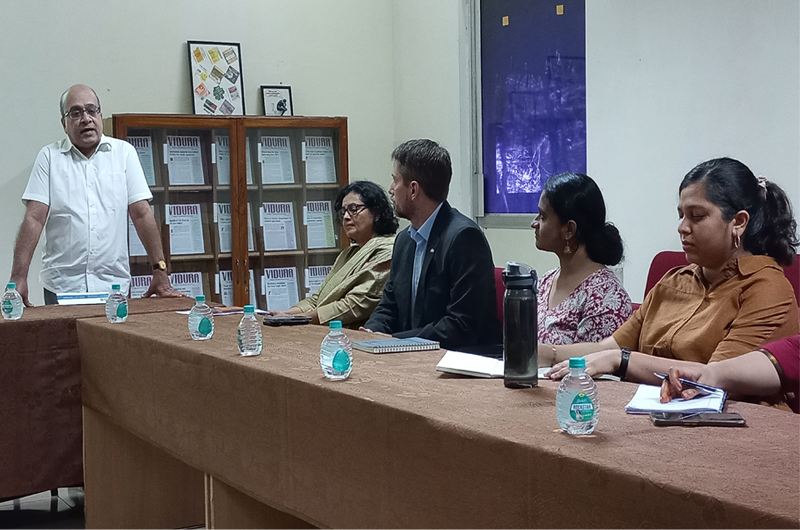
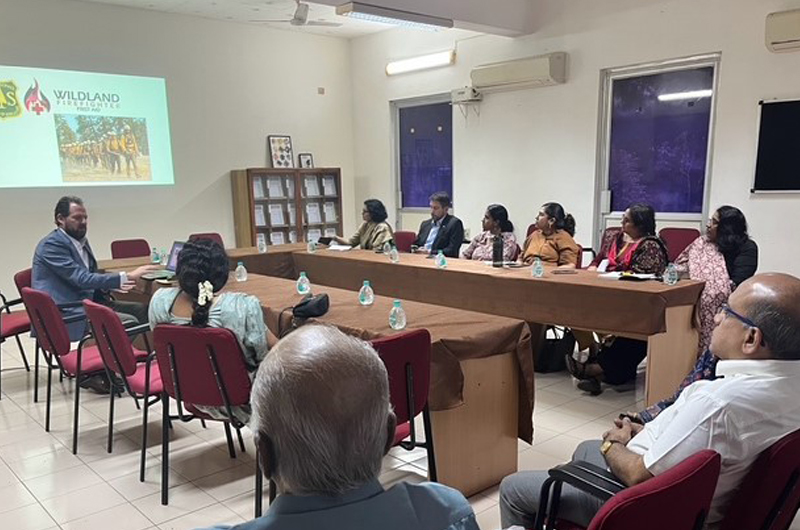
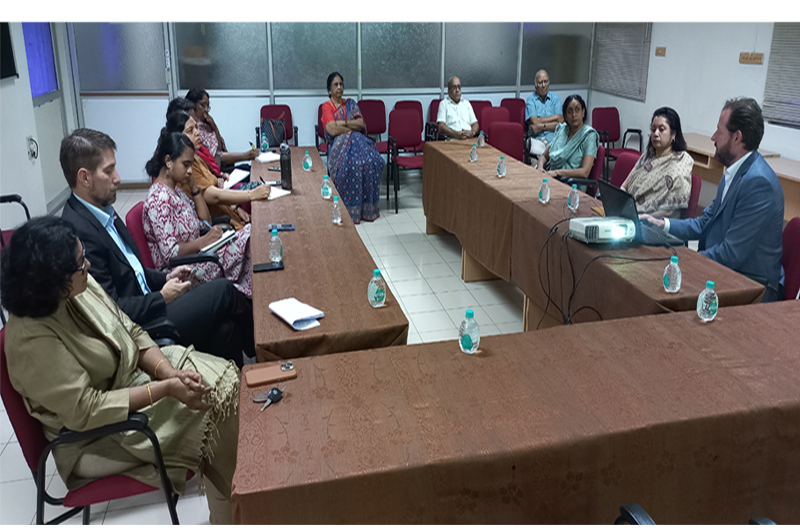

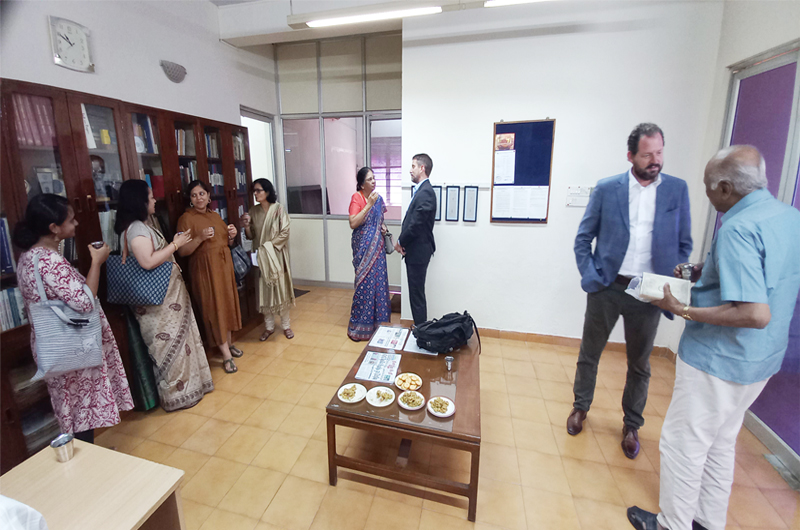


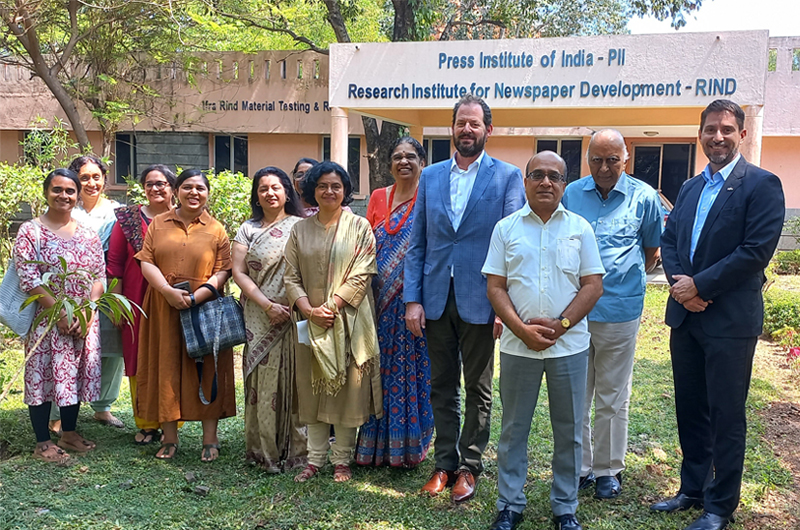
 from Webdoux
from Webdoux